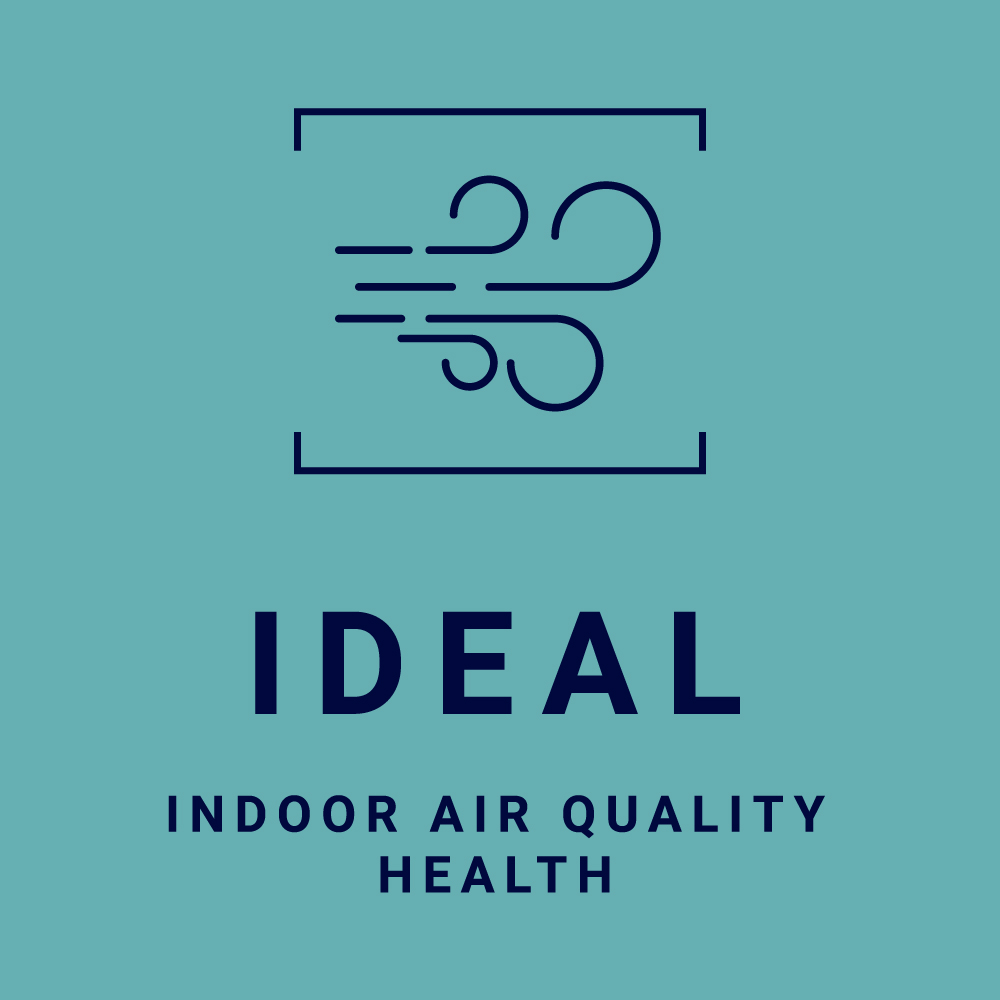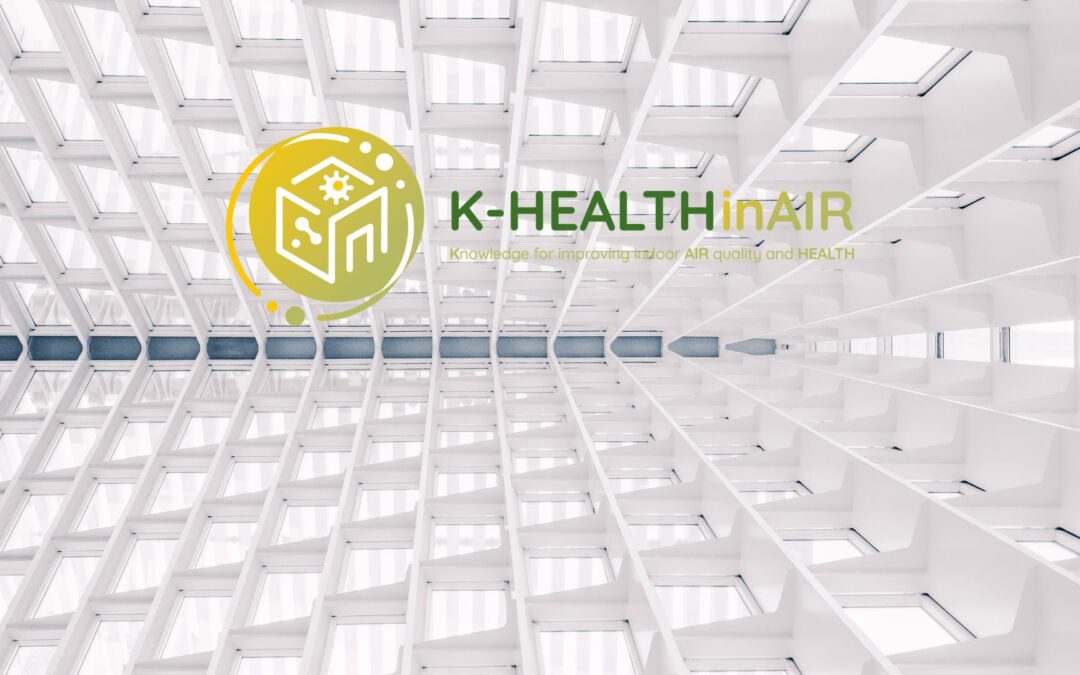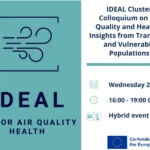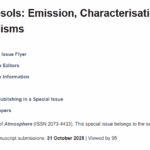The K-HEALTHinAIR project, funded by the EU’s Horizon Europe Programme, is making significant strides in understanding and improving indoor air quality (IAQ) and its health impacts. This innovative initiative is conducting extensive research through diverse pilot projects across Europe, integrating advanced IAQ monitoring techniques with public health research to tackle the effects of indoor air pollution on high-risk groups and the general population.
Launched in September 2022, K-HEALTHinAIR encompasses 16 partners from eight European countries. The project employs a holistic approach through five distinct pilot studies in various settings, such as hospitals, metro stations, schools and residential areas, each tailored to address specific environmental and health challenges.
In Barcelona, the project focuses on outpatients with chronic respiratory diseases, assessing IAQ in multiple settings to understand its impact on health. In Rotterdam, the emphasis is on elderly care environments, combining IAQ monitoring with health outcomes in senior homes and hospitals. Norway’s pilot investigates IAQ in educational settings, including lecture halls and student residences, while Germany centres on public spaces like canteens and lecture halls. Poland and Austria explore residential settings, focusing on how IAQ relates to chronic health conditions in children and vulnerable groups.
Each pilot leverages cutting-edge monitoring technologies to measure a wide range of air pollutants, such as volatile organic compounds (VOCs), particulate matter (PM), formaldehyde (FA), and their health impacts. The data collected is combined with health diagnostics to provide a comprehensive view of environmental health influences. This innovative approach highlights the correlation between IAQ and health, including mental health and wellbeing, and develops guidelines for future IAQ management and policy-making.
The K-HEALTHinAIR project employs advanced IAQ monitoring technologies from InBiot and M+H (Mann+Hummel), ensuring precise data collection across various pilot locations. The monitoring systems continuously track both comfort-related parameters like temperature and humidity, and potential contaminants.
“Our comprehensive coverage across multiple European scenarios allows us to address a broad spectrum of environmental health challenges with tailored interventions”
Jose Fermoso Domínguez, Project Coordinator from CARTIF Technology Centre.
A cornerstone of the project is the Barcelona pilot, led by the Hospital Clinic of Barcelona and the research centre IDIBAPS.

This study monitors the homes of 200 high-risk respiratory patients to identify airborne pollutants that contribute to respiratory inflammation and impaired lung function. By understanding these mechanisms, the study aims to develop customised interventions to improve respiratory health and overall well-being.
As K-HEALTHinAIR progresses, it promises to deliver impactful insights and sustainable solutions for improving IAQ and public health. The project encourages engagement from public health officials, policymakers, and the community to enhance the effectiveness of IAQ improvements.
For more information on the K-HEALTHinAIR project, detailed findings, or to engage with the ongoing research, please visit our project website or follow us on X and LinkedIn.





